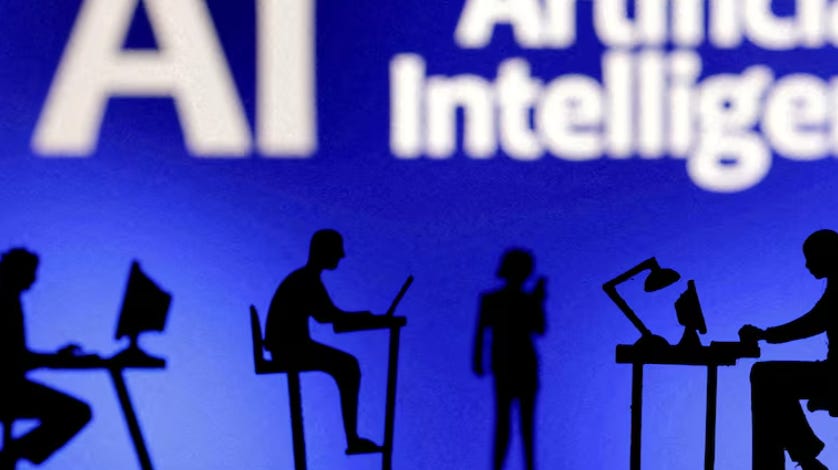David Autor, an economist at MIT and winner of the 2005 John Clark Bates Medal, argues that since 1980, the jobs replaced by automation have not been fully offset by new jobs created.
This reflects the pace of technological change and the fact that advancements are now increasingly focused on “professional, technical, and managerial occupations,” Autor notes, rather than lower-skilled work.
He finds that machines that are more powerful than an average human (e.g., a tractor) are typically labour-augmenting and productivity-enhancing, while machines that are also smarter than the average human tend to be labour-substituting.
And AI is on pace to be a lot smarter than most humans.
While forms of AI have been around since the 1940s, the immense computing power resulting from advances in semiconductor technologies has now allowed machines to attain multidimensional intelligence.
It is therefore reasonable to assume that many workers are going to be replaced by automation in the coming decades, even if the best AI is never as creative or imaginative as the smartest humans.
Read more | REUTERS

